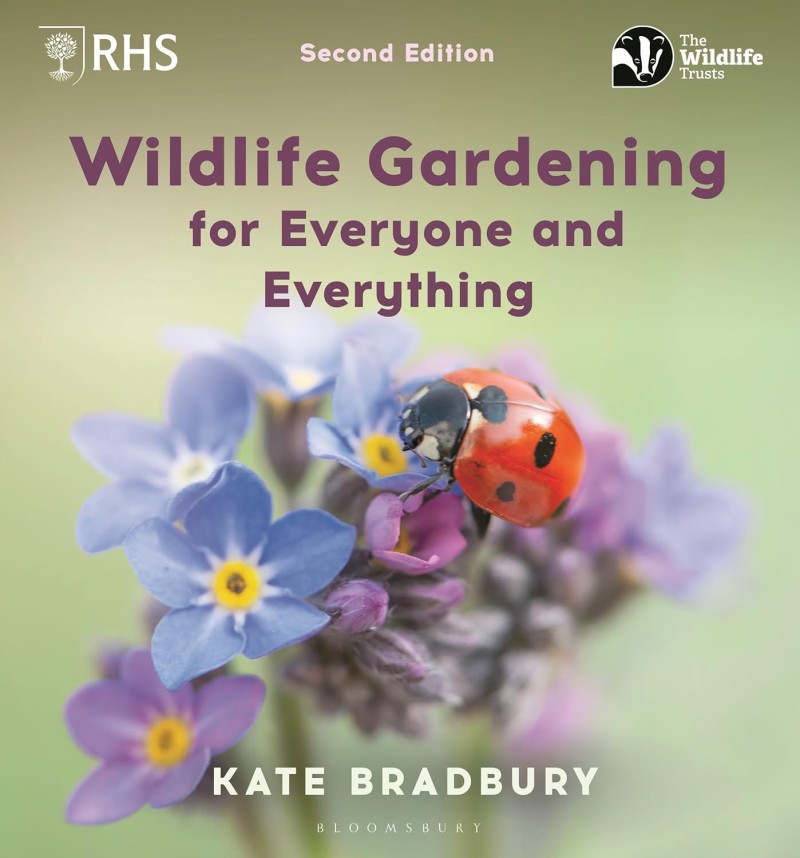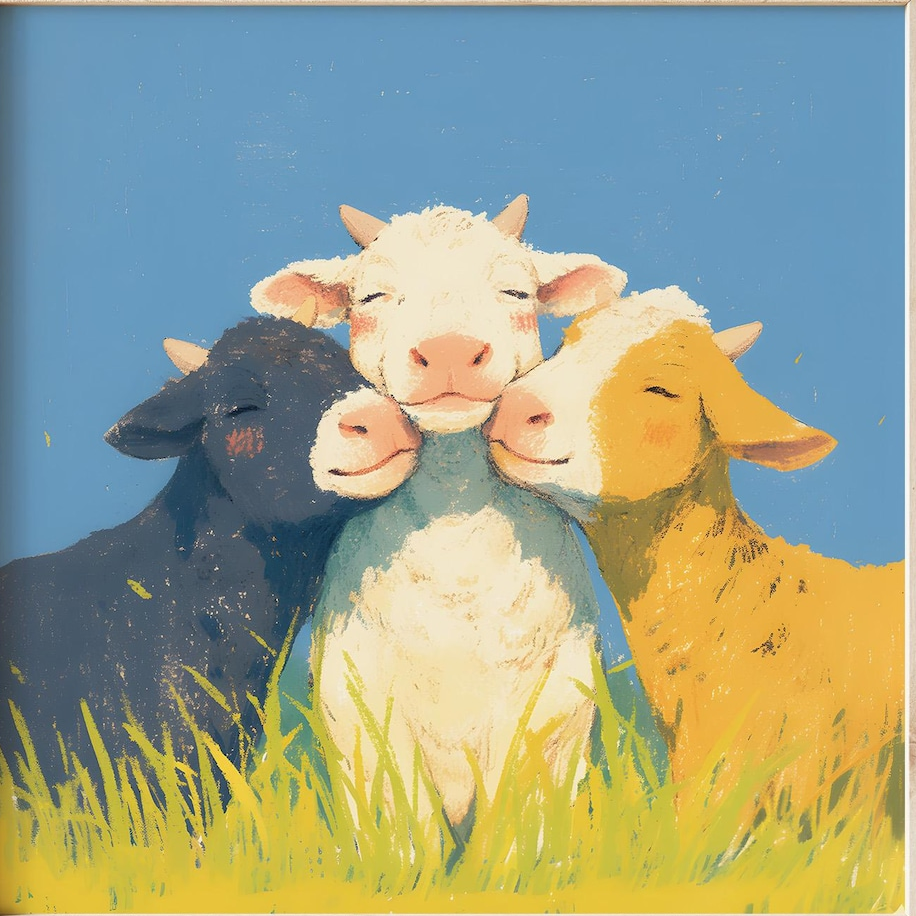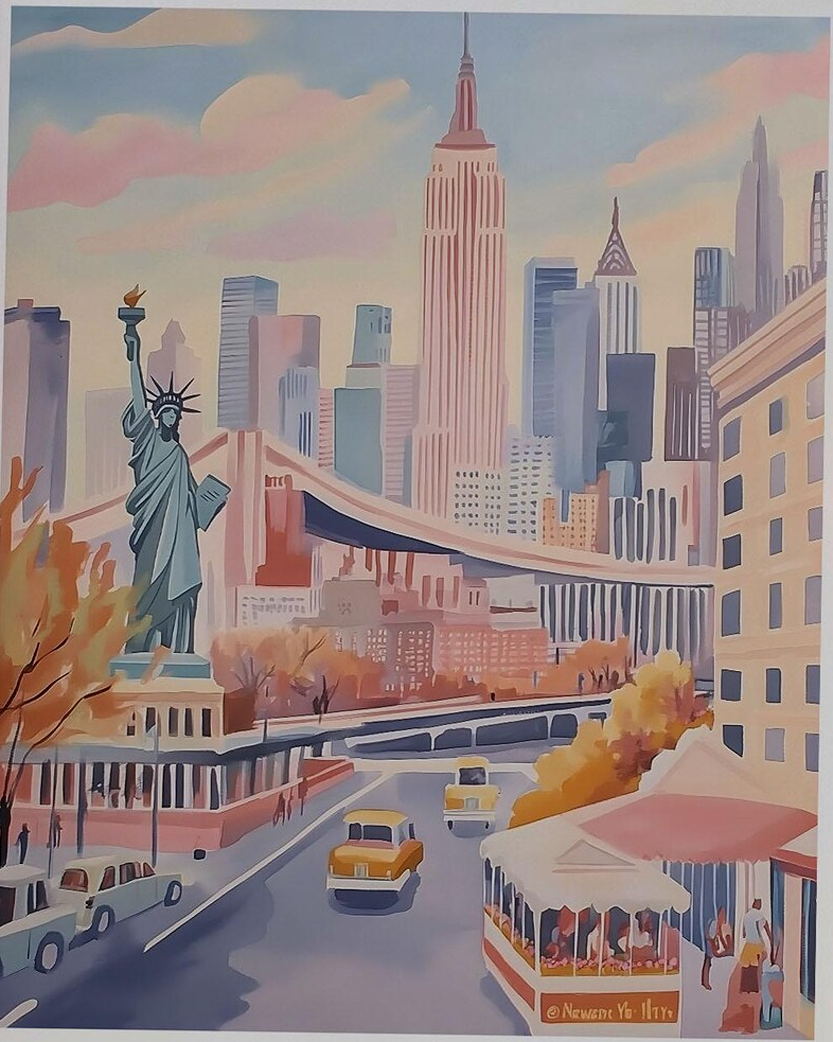Simple Tips to Help Prevent Wildfires

Wildfires are now a real problem. Although there have always been wildfires in some hot areas of the world, today we are seeing huge wildfires from Australia to LA, and now England is having them too.
They can be caused from arson, dropping cigarettes on dry land, fire lantern releases and barbecues. Good reasons to never do any of the above, but in recent years, it’s often heatwaves that are driving the issue (or sometimes lightning strikes, made worse by climate change freak weather).
What’s really worrying is that Reform UK and Conservative political policies are now to water down climate change targets. This will lead to more heatwaves, and more wildfires.
Issues with Flammable Tree Plantations
Another issue is the rise of flammable tree plantations, to replace plastic. Highly flammable eucalyptus trees are now being used in mass plantations to produce oil for the aromatherapy industry, ‘compostable packaging’ for the coffee and chocolate industry, and tencel fabric for the fashion industry.
A few trees, fine. But mass plantations are causing wildfires, so much so, that Portugal and Spain have now banned new plantations.
Safe BBQ and Campfire Practices
Barbecues and campfires are classic warm-weather activities, but both come with real wildfire risks if handled carelessly.
- Keep BBQs and grills far from dry brush and overhanging branches.
- Always fully put out coals or embers. Pour water over them and stir to cool.
- Use metal fire pits when camping or in your garden.
- Take all BBQ waste home in a sealable bag.
Tips to help Prevent Wildfires
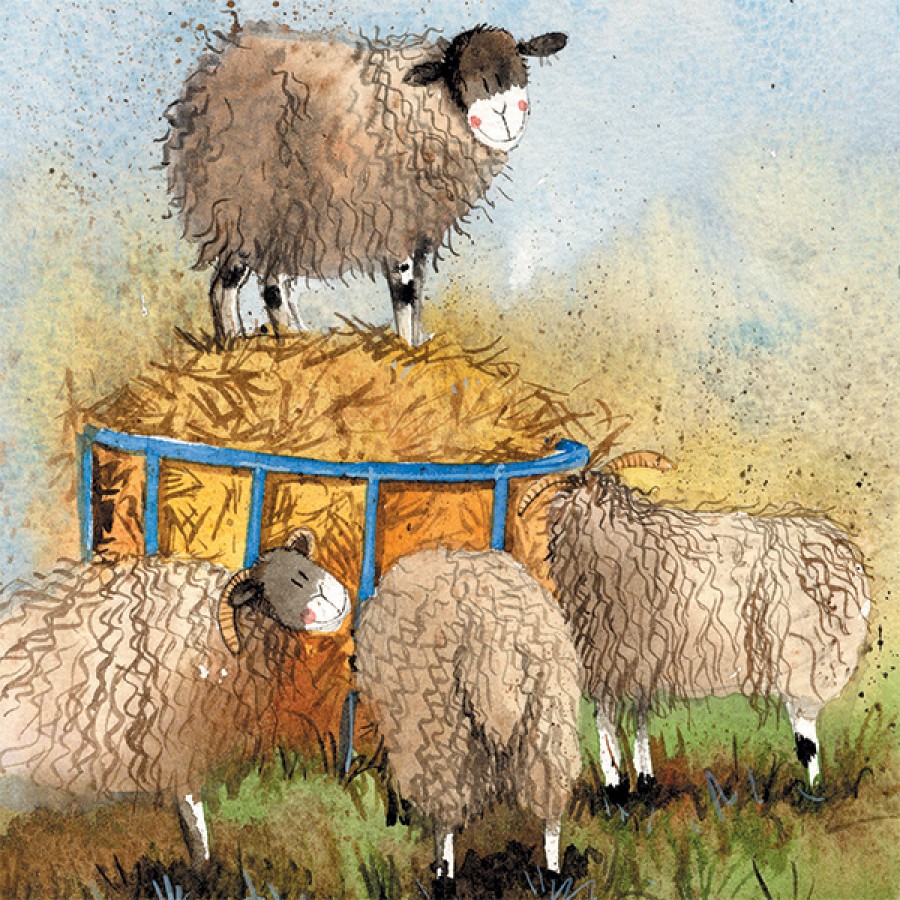
- Never drop cigarette butts, especially on dry land (like a match to paper). Carry a pocket ashtray if you smoke.
- Pick up glass bottles or broken glass when you spot them outdoors. Sunlight passing through glass acts like a magnifying glass, sparking dry grass or leaves beneath.
- Never release fire lanterns, these can tumble over and snag on trees, or drift on the breeze and create wildfires.
- Avoid oil-based and linseed-oil paints in hot months. If used, soak in water and cover safely, until safer disposable.
- It’s best to avoid bonfires anyway, to help hedgehogs that hibernate in piles.
If you see litter that could become a fire risk (say old tyres or abandoned vehicles), report to Fix My Street. These public reports are sent to your local council, with updates.
How People (everywhere) Can Help Aussie Koalas
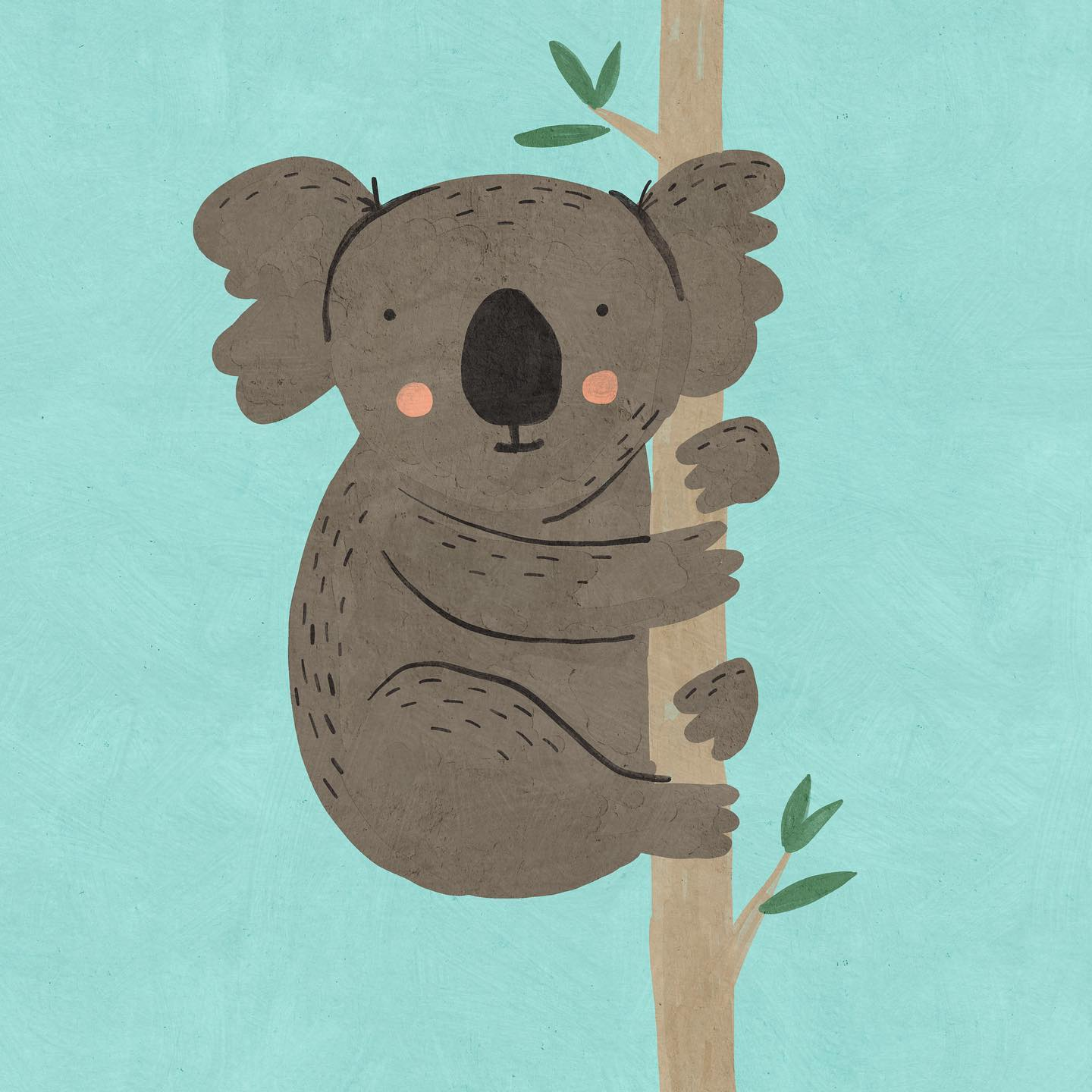
The writer John Muir once wrote that ‘anytime you pick something up, you find it’s attached to something else’. Or words to that effect. In other words, what we do on this side of the world, has huge effects in Australia and other faraway countries.
Koalas (marsupials, they are not bears) spend their lives munching on eucalyptus leaves. But flammable plantations is causing wildfires.
- So find coffee and chocolate in tins, avoid Tencel fabric, and do your bit to reduce carbon footprint, to help reduce climate change.
- Ensure aromatherapy oils are sustainably-sourced (avoid for pregnancy/nursing and don’t use near babies or pets (perfumes etc). And choose unscented cleaning and laundry brands).

